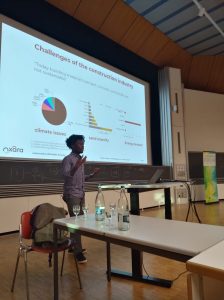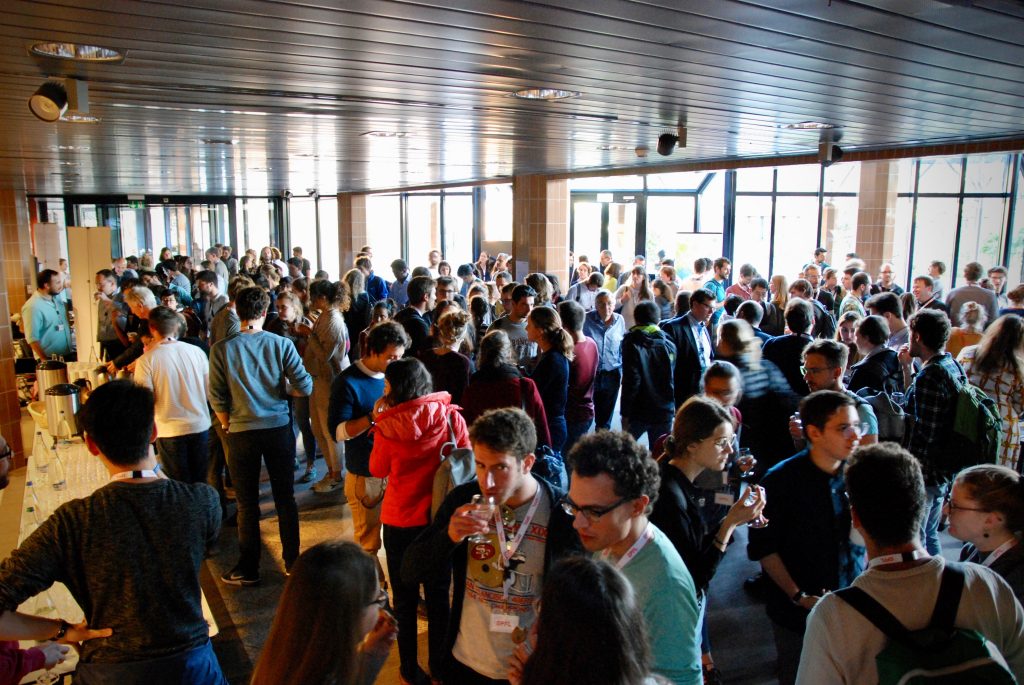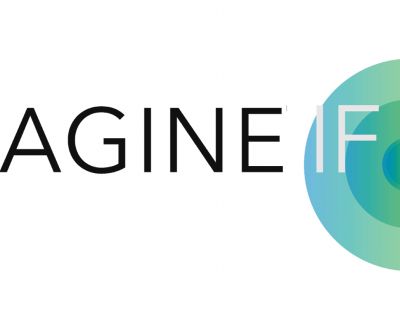Branch
Select your branch
Annual conference on Materials for Sustainability: another successful event in Lausanne
How can technology and innovation cooperate to bring a greener future?
This was the main topic addressed by the Innovation Forum Lausanne Annual Conference that attracted more than 350 participants, between professors, scientists and students, sharing the same question and curiosity.
The conference, held on October 16th 2019, focused on Materials for Sustainability: materials science and entrepreneurship as essential tools for a greener future. Indeed, materials science holds the potential of building a sustainable world: from photovoltaics to construction and recycling. Experts in the field shared their ideas and experiences to raise awareness and showcase possible solutions.
The event was divided into three main themes: efficient photovoltaic, sustainable construction and renewable materials.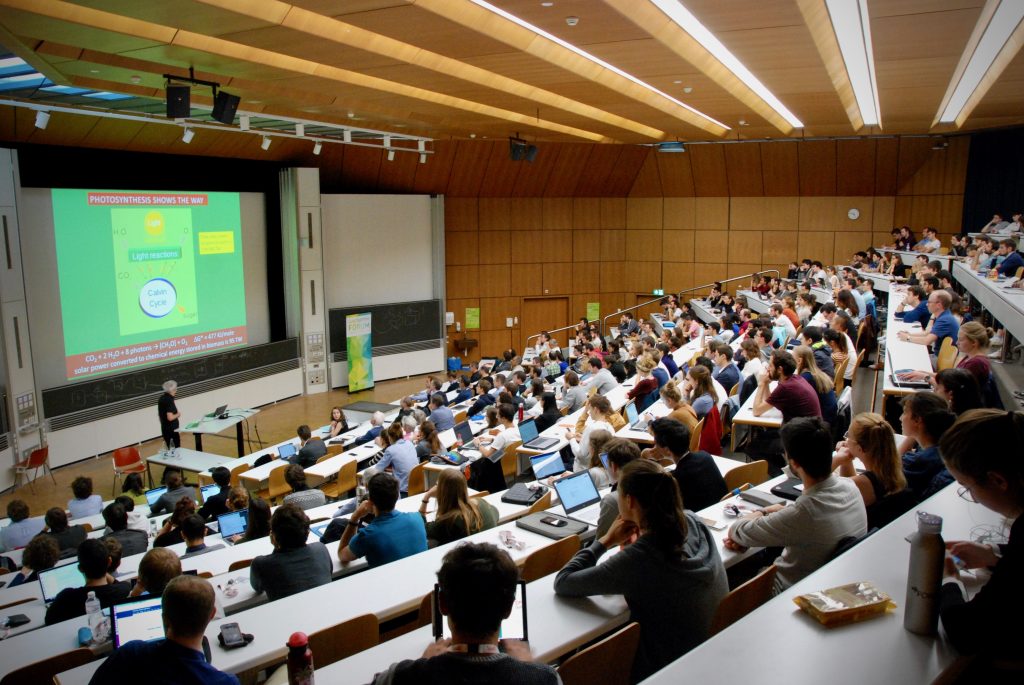
Opening the stage, Michael Grätzel, Professor of photonics and interfaces at EPFL, gave an inspiring speech as keynote speaker about his outstanding career and discoveries. He elaborated on the various applications and demonstrators of dye sensitized solar cells. Following, David Schuppisser, CBO at Insolight, addressed the topic of next generation high efficiency photovoltaics. Their clever engineering of the panels enables to increase their efficiency and make them translucent, which is interesting for agricultural applications. Franz-Josef Haug, senior scientist at the photovoltaics and thin film electronics laboratory reminded the audience of the current state-of-the-art silicon solar cells, and their vast current implementation in our society.
For the theme of sustainable construction two entrepreneurs followed on the stage. First, Gnali Landrou, CEO and Founder of Oxara, showed us the possibility to construct buildings with recycled soil. Their promising approach to link earth particles to form solid construction materials yields promising application in low-level income countries. Then, Dimitrios Terzis, CEO of Medusoil, presented his innovative product for ground bio-stabilization. The microbial injection into the soil triggers biomineralization which stabilizes various types of soils in an ecofriendly way.
Senior previous and current members of the Laboratory for processing of advanced composite at EPFL presented their works related to recyclable and renewable materials. First, the head of the laboratory 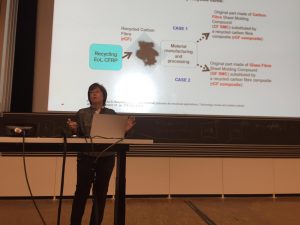 Professor Veronique Michaud, spoke about inherent difficulty of creating materials science-based startups, and on its current democratization. She presented the recent spin-offs that came out of her laboratory. Afterwards, Amael Cohades, CEO at CompPair, presented their innovative healable material. Mild heating of their lightweight composite material heals microcracks, which greatly increases its lifetime and recyclability.
Professor Veronique Michaud, spoke about inherent difficulty of creating materials science-based startups, and on its current democratization. She presented the recent spin-offs that came out of her laboratory. Afterwards, Amael Cohades, CEO at CompPair, presented their innovative healable material. Mild heating of their lightweight composite material heals microcracks, which greatly increases its lifetime and recyclability.
Closing the event EPFL Sustainability and Tech4Impact introduced to the audience their numerous projects and initiatives made by and for students.
The event was inter-paused by networking moments where booths from start-ups and associations could showcase their projects. To support sustainability also at the low-level, Innovation Forum Lausanne challenged itself to have a zero-waste event and thanks the kind help of EPFL Sustainability.
The event was sponsored by Buhler Group, VentureLab, EPFL Tech4Impact, InnoVaud, EPFL Sustainability and Swiss Clean Tech.
Written by Alessia Baldo, Alvaro Charlet and Claudia Bigoni
